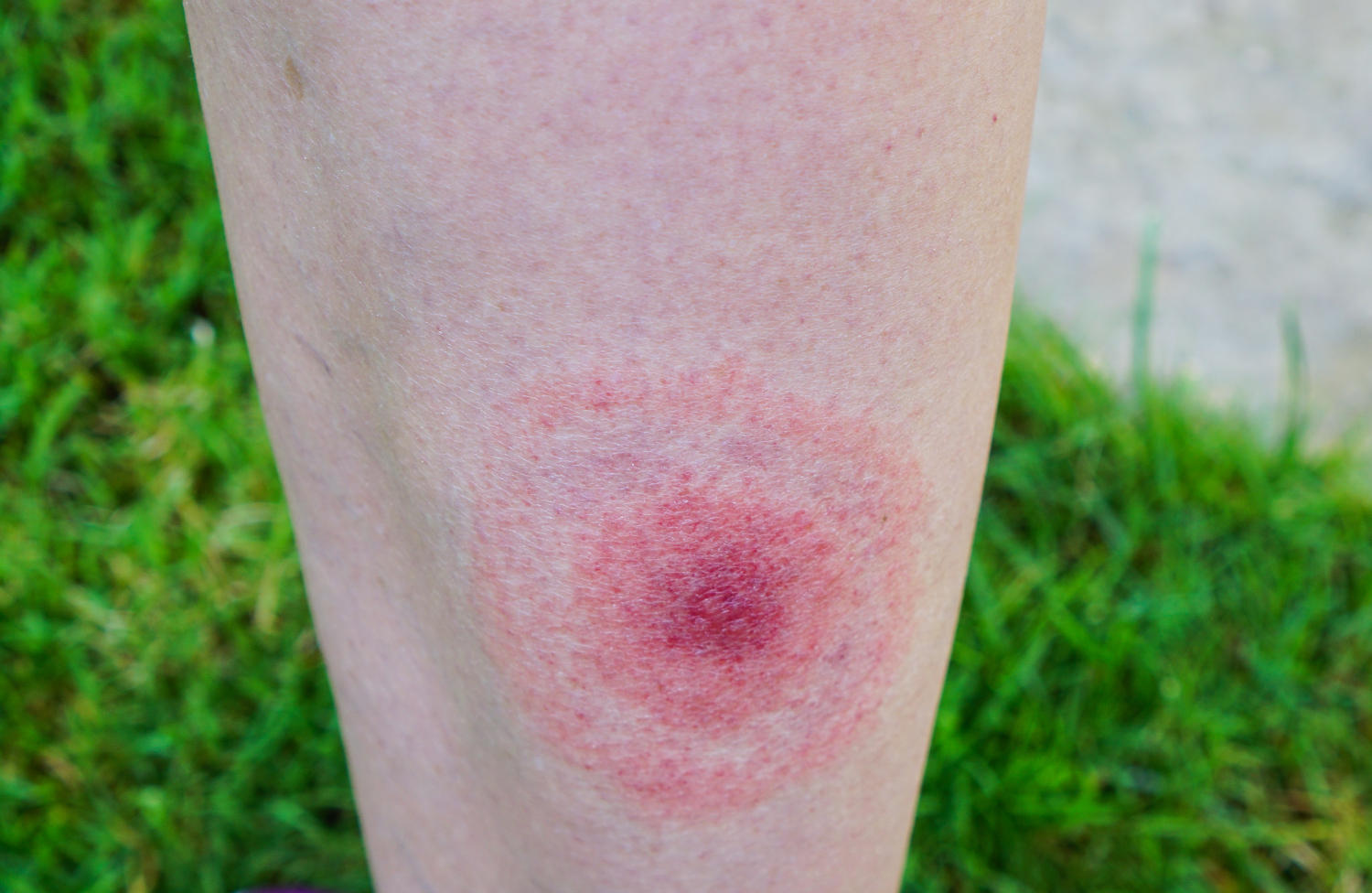
Lyme disease and ADHD: is there a connection?
Some research has shown a connection between chronic Lyme disease and ADHD. But the connection isn’t clear and chronic Lyme disease (CLD) is mired in controversy with doctors and other medical professionals disagreeing on the existence of CLD
According to a presentation on research at the 2012 Annual Meeting of the American Psychiatric Association, adults with CLD self-reported more ADHD symptoms than adults without CLD. Dr. Joel Young, who presented the findings stated, “Cognitive deficits associated with CLD have been demonstrated before, although this is the first survey to identify a linkage between these two conditions”Symptoms of CLD include persistent fatigue and unexplained generalized pain.
We conclude that many individuals who are diagnosed with CLD might have ADHD (inattentive type).
We believe that many are diagnosed with CLD inaccurately and that ADHD symptoms might better explain their persistent pain and fatigue.” [1]
What is Lyme Disease?
Lyme disease is an illness transmitted to humans through the bite of a deer tick. Symptoms include fever, headache, fatigue and a skin rash.
It is treated with antibiotics. However, when not treated it can cause additional symptoms such as arthritis, swollen joints, loss of muscle tone in the face, severe stiff neck and cause damage to the heart and nervous symptoms.
While many of the symptoms clear up after antibiotic treatment, between 10 and 20 percent of those with Lyme disease have lingering symptoms long after treatment has ended.
These symptoms include cognitive problems, such as memory difficulties.
This is called post-treatment Lyme disease syndrome (PTLDS) and doctors believe it is caused by an autoimmune reaction, where the immune system continues fighting the infection even after it is gone.
Chronic Lyme Disease
The mainstream medical community believes that Lyme disease usually clears up after a, at the most, 30 day regimen of antibiotics.
For those who have Lyme disease that was not diagnosed right away and have developed Lyme arthritis, a longer treatment, of up to 90 days, may be needed.
But some medical professionals disagree, believing that Lyme disease is more widespread than we believe and that the infection “can persist in the body even after being treated aggressively with antibiotics.” [2]
These medical professionals believe additional antibiotics are needed to continue to treat the infection.
Because laboratory tests are not always accurate and Lyme disease is difficult to diagnose, there is no “proof” one way or the other – there is not always a definitive way to say a person does or does not have Lyme disease.
It is the CLD that some see as when symptoms mimic those of ADHD, causing problems focusing and paying attention.
The problem, advocates for CLD see is that doctors who don’t believe in CLD are misdiagnosing patients, including children, with ADHD rather than addressing the CLD.
They believe that when doctors hear “can’t pay attention” they rush into an ADHD diagnosis without considering other medical conditions, such as CLD.
If this is true, these children are not receiving needed medical care and are at risk for serious heart and neurological problems in the future.
Lyme Disease, Overlapping Symptoms
There are a number of medical conditions that mimic or share some of the symptoms of ADHD.
A number of conditions besides Lyme disease, for example, can cause an inability to pay attention for long periods of time – depression, hypothyroidism, iron deficiency, lead poisoning.
And overlapping symptoms make ADHD more difficult to diagnose.
Each illness, however, has additional symptoms specific to that condition.
A doctor should make a diagnosis after a thorough examination that rules out any other medical condition.
While this is often done, Lyme disease may need to be added to the list of medical conditions that share symptoms with ADHD.
ADHD itself also has more symptoms than “not able to pay attention.”.
Having one symptoms does not mean that ADHD is present.
The DSM-5 lists criteria for diagnosing ADHD.
Your doctor should be able to explain exactly why he feels a diagnosis of ADHD is appropriate and explain what criteria he used.
Additionally, ADHD is a life-long condition, usually showing up before the age of 5 or shortly after attending school.
If your child has always been able to pay attention but suddenly is having trouble doing so, an ADHD diagnosis may not be appropriate and your doctor should look for other reasons why your child is struggling with attention.
ADHD can be difficult to diagnose, but, with thoroughness, children and adults can be accurately diagnosed and treated for ADHD.
References:
[1] “Chronic Lyme Disease Linked to ADHD in Adults,” 2012, May 8, Megan Brooks, Medscape.com
[2] “Drawing the Lines in the Lyme Disease Battle,” 2013. June 1, Beth Daley, Boston Globe
“Signs and Symptoms of Lyme Disease,” reviewed 2011, April 12, Centers for Disease Control and Prevention
Read Also:
Emergency Live Even More…Live: Download The New Free App Of Your Newspaper For IOS And Android
What To Do In Case Of A Snakebite? Tips Of Prevention And Treatment
Insect Bites And Animal Bites: Treating And Recognising Signs And Symptoms In The Patient
How To Protect Yourself From The Bite Of The Violin Spider (Or Brown Recluse)?
What Is Lyme Disease And What Are Its Symptoms?
Lyme Disease: Watch Out For Tick Bites


